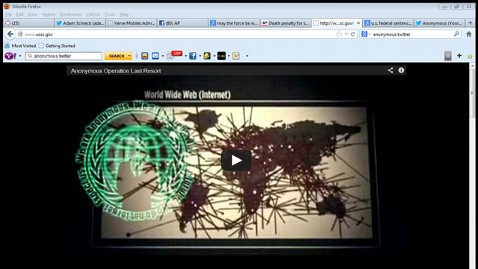OLDHAM, United Kingdom: Liverpool manager Brendan Rodgers castigated his players after they crashed to a defeat at third-tier Oldham Athletic in the FA Cup fourth round.
Rodgers named fringe players Brad Jones, Sebastian Coates, Jack Robinson and Jordan Henderson in his starting XI at Boundary Park and the plan back-fired as the 18-time English champions were beaten 3-2 by League One Oldham.
Striker Matt Smith was the hosts' match-winner on Sunday, scoring twice either side of a Luis Suarez goal for Liverpool to set Paul Dickov's side en route to a famous victory.
Reece Wabara's thumping header made it 3-1 after three minutes of the second half and Liverpool could not find a way back into the game despite Joe Allen pulling a goal back 11 minutes from time.
Liverpool became the fifth Premier League side to lose to a team from a lower level in this season's fourth round and Rodgers pulled no punches in his assessment of his team's failings.
"Matt Smith is a good player, but we have played against that type before," he said.
"The FA Cup was a competition we wanted to have a go at and there is no excuse. We put out a strong team capable of winning the game, but we didn't.
"You have to take it on the chin, but there has been plenty of warnings throughout the weekend -- if your application is not right, you can get found out."
Having handed opportunities to players desperate for playing time, Rodgers said he was frustrated to see them under-perform.
"We were coming here in good form and obviously we are bitterly disappointed," he told BBC Radio 5 Live.
"I was bitterly disappointed with the young players as today (Sunday) they had a chance to show they can play for Liverpool and compete for a club that has to challenge for trophies.
"We lost our concentration, and only had spells in the last 35 minutes when we were at the right level. Congratulations to Oldham, though."
Oldham, three-time semi-finalists, joined fellow third-tier side Milton Keynes Dons, Championship clubs Millwall and Leeds United, and non-league Luton Town in claiming a famous Premier League scalp this weekend.
However, manager Dickov still appears set to lose his job after chairman Simon Corney effectively admitted he had decided to dispense with his services after a run of seven defeats and one draw in eight League One games.
"It's very awkward. We will have to chat about it tomorrow (Monday)," Corney told reporters at a surreal post-match press conference.
"Paul has his own decision to make. Days like this are great but the biggest thing is about staying in this division.
"He knows the situation, I know the situation. What can we do to arrest whatever is going on?"
Dickov tried to put a brave face on things.
"I've just been with Simon now and it has not been mentioned at all. If anything was happening, I am sure he would have told me," said the Scot.
"But yes, we are meeting each other on Monday. Lots of things have gone on that Simon and I need to talk about, on both parts.
"I'll just enjoy tonight. From the first day I walked in the place, I'll carry on working as hard as I can to be a success until I am told otherwise.
"Possibly it could buy me more time. I hope it does. I'll get on with it regardless. I've done that throughout my career."
Dickov began his playing career at Arsenal and played for Manchester City, Leicester City and Blackburn Rovers, among other clubs, as well as representing Scotland at international level.
However, he said Sunday's result was the pinnacle.
"I was a lucky boy to have the playing career I had, but this is the top moment," he said.
- AFP/al













